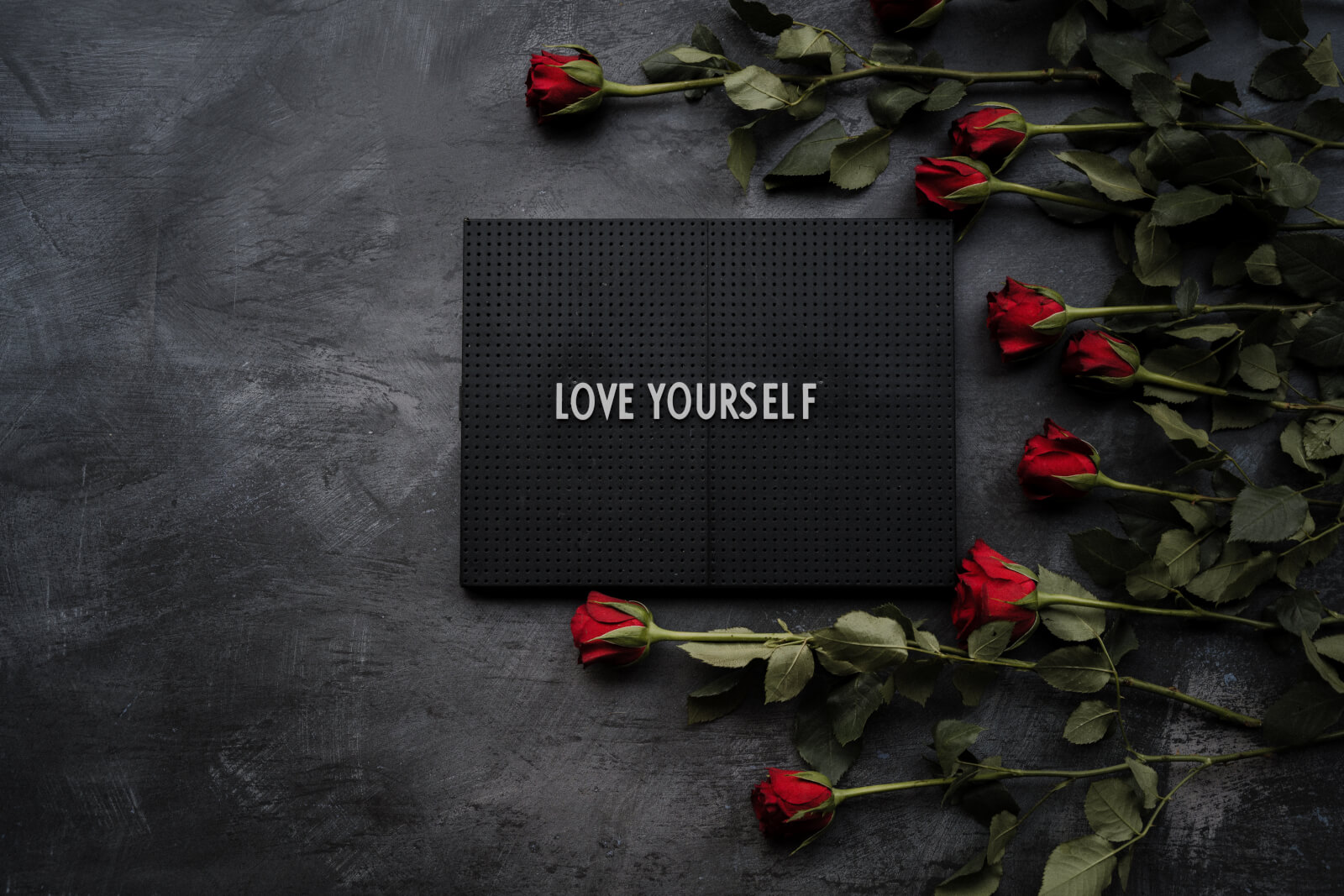This Valentine’s Day, let’s talk about love, romantic love, and how a good relationship with yourself is essential to creating a healthy, lasting partnership.
Dr. Monica Vermani is a Clinical Psychologist specializing in treating trauma, stress and mood & anxiety disorders, and the founder of Start Living Corporate Wellness. She is a well-known speaker, columnist and advocate in the field of mental health and wellness. Her book, A Deeper Wellness, is now available on Amazon, and her in-depth online self-help program, A Deeper Wellness, offers powerful mental health guidance, life skills, knowledge and healing, anywhere, anytime.
It may be the quintessential Hallmark holiday, but as Valentine’s Day approaches, it brings out the hopeless romantic in many of us. Especially for those of us who are single and looking for a serious long-term relationship, at this time of year, our thoughts turn to romantic love and how to find it. For those of us who are in a relationship, we wonder how to keep that spark alive.
When it comes to love, there is no lack of unsolicited advice that can lead us down dark alleys and dead-end streets! We are surrounded by mixed messages about finding, keeping, and losing love. More often than not, the big-screen love stories that bring together unlikely couples who decide to face life together against all odds skew our thinking and notions about what love is, how it works, and how we should be willing to move heaven and earth and change who we are — for love. Who can forget the young woman who proclaims that her love interest “completes her,” and that she “can’t live without him?” How many times have we seen a broken-hearted man or woman in a movie or TV show proclaim that if their partner leaves them, they will have “nothing to live for?”
While most of us can differentiate real life from fictional love stories, we often feel at a loss as to how to find a partner who brings us joy, who we can trust, and with whom we can build a lasting relationship. Whether or not love makes the world go ‘round, one of the most important goals for most of us is to find someone to love.

What Love Is … And Is Not
Even if we are officially single, we still have a lot of love in our lives. We love our parents, our siblings, our friends, our extended family members, our work, our hobbies, our pets, arts, music, nature … the list goes on. But even when our lives are full, and we have much to be grateful for, finding someone with whom we can build a lasting, loving partnership, is, for most people, the most important, significant, and sought-after kind of love.
As for what romantic love is, there seems to be no one-size-fits-all definition. In an article in Psychology Today article, researcher Tyler Jamison, Ph.D. shares five distinct types of romantic partnerships she has identified in her research: “Happy and Independent, Happy and Consolidated, Exploratory, Stuck, and High Intensity.” More succinctly, the American Psychological Association (APA) defines romantic love as: “a type of love in which intimacy and passion are prominent features.”
As for what romantic love is not, we can also find plenty of cautionary tales played out on the silver screen in stark relief. A startling example can be found in the classic psychological thriller, Gaslight, where a wife finds herself the unwitting target of her controlling, abusive, manipulative husband, who attempts to drive her mad and take control of her family inheritance by covertly and deliberately manipulating the gas lights in their home. In Who’s Afraid of Virginia Wolf, a young couple witnesses the full-blown dysfunction of an older married couple, rivetingly and painfully portrayed by Richard Burton and Elizbeth Taylor. And who can forget the sad final scene in Five Easy Pieces, and the final devastating decision that the hapless, distant classical musician played by Jack Nicholson, deals to his devoted, trusting girlfriend?
In real life, romantic love should not include belittlement, abuse, or coercive control. But romantic partnerships can descend into distress during times of conflict hardship and conflict. These conflicts can result in damaging, and hurtful outcomes, including physical, verbal, and emotional abuse, and relationship breakdown. What often begins as a love story can play out in needless and long-term suffering.
In troubled romantic relationships, a lack of self-worth, self-esteem, and healthy boundaries in one or both partners, often lead to unnecessary suffering, and unhappy and sometimes tragic endings.

Set The Stage For A Healthy, Loving Relationship
No one enters into a romantic relationship with the intention to fail. The question becomes how can we set ourselves up for a successful romantic partnership? In the 2014 classic How to Love, author, Zen Master, and spiritual leader Thích Nhất Hạnh advises that: “When we feed and support our own happiness, we are nourishing our ability to love.” In other words, when we take care of our needs, when we are healthy and whole, and when we are engaged in our life with full presence, we are practicing self-love. And it is through loving ourselves that we can truly love another person.
Work On Loving Yourself
Self-love involves tuning into ourselves and acting with compassion and caring, in short treating ourselves the same way we would treat someone we love! Self-love involves setting boundaries around our time and energy, prioritizing our goals and needs, making time to sit and process negative emotions when they arise, and challenging our negative self-talk and self-defeating patterns of behavior.
Self-love includes loving yourself — even your faults — without judgment and self-criticism, and with the same degree of kindness, and compassion you would offer to your romantic partner. When we love ourselves and treat ourselves with kindness, compassion, and consideration, the ripple effect flows out onto others. It expands and impacts the lives of others. It is through self-love that we become truly ready and able to build a lasting, authentic, loving relationship with another person.
The reality is that you are worthy of love, just the way you are and that you hold the key to finding a romantic partner. That key is self-love.
Five Steps To Building Self-love
Tune in to you. Take time to be still, alone. Check in with your needs. Sit with and process your negative emotions. Make a promise to yourself to do at least one nurturing thing that brings you joy every day.
Embrace your imperfections. The more you can accept and learn to love yourself without conditions, the happier you will be.
Treat yourself with compassion. Engage in positive self-talk. Allow yourself time to rest and restore your energies at the end of a long day.
Set healthy boundaries. Create healthy boundaries around your time and energy. Prioritize your needs and wants. Stay connected to what makes you happy.
Seek support when you’re struggling. Go outside of yourself and find the resources you need if you are feeling hopeless or overwhelmed. Commit to being there for yourself, and keeping yourself happy and whole.
Main Image Photo Credit: www.unsplash.com
Dr. Monica Vermani
Author
Dr. Monica Vermani is a Clinical Psychologist who specializes in treating trauma, stress, mood & anxiety disorders and is the founder of Start Living Corporate Wellness. Her book, A Deeper Wellness, is coming out in 2021. www.drmonicavermani.com














































































































